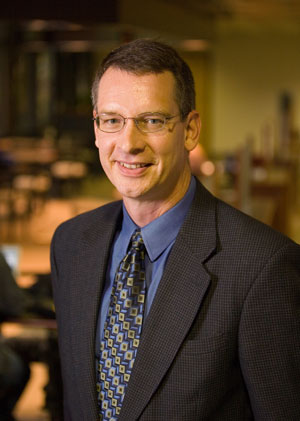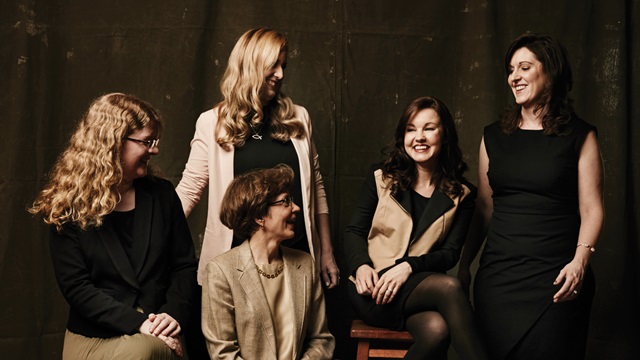 Galatians 5:13-14
Galatians 5:13-14
For you were called to freedom brothers and sisters; only do not turn your freedom into an opportunity for the flesh, but through love serve one another. For the whole law is fulfilled in one word “You shall love your neighbour as yourself.”
The Christian life is a great paradox. On the one hand, Paul has just announced in clarion tones, “For freedom Christ has set us free!” (Galatians 5:1). On the other hand, he also calls us voluntarily to lay down our freedom and become servants of one another. No one, perhaps, has stated this paradox more succinctly than Luther in his great little treatise The Freedom of the Christian (1520):
The Christian is the most free lord of all, subject to none;
The Christian is most dutiful servant of all, subject to all.
In the argument of Galatians, the believer is freed from the law, having died to the law in Christ. To be freed from the law, however, does not now mean that one is lawless; the Christian is not free from the righteousness of the law, but from keeping the law as an attempt to obtain that righteousness.
For too many Christians, however, Paul’s call to freedom has been understood in terms of a western concept of libertarian freedom, the freedom of the isolated and autonomous individual, the one who is freed from all other claims and restraints, free to be and do whatsoever one may wish. Nothing could be further from Paul’s mind in this passage. Here, Paul envisages a people who are so free, they are free even from themselves and their own freedom. They are so free, they are free to become servants (slaves!) of another. It is, of course, one thing to become a servant of God, but another and far more drastic thing to become a servant of my brother and sister.
Thus, the freedom of the Christian is not merely freedom from, but also and more importantly, freedom for. It is not so much freedom to do as we would, but freedom to do as we might and as we should. Not freedom that grants total autonomy and self-sufficiency, and thus isolation and the self as the centre of all value, but freedom even from the rule of the self so that we are free to give ourselves to others and to God. Not a freedom, that is, which makes us a prisoner of ourselves and of our own lust for power and control, and thus a false freedom in which we become slaves to the hidden power of the flesh. Instead, the believer is called to be truly free and fully human through self-giving love that pours itself into relationship and community.
Paul’s vision, then, is of a strange and paradoxical freedom. The Christian is freed from the pressure to earn and merit God’s favour and acceptance. Thus she is also freed from the demand for religious performance, as though by her great and costly religious sacrifice she could impress God and find inclusion amongst his people. Already she is a child of God through faith in Jesus Christ. Already she is accepted. Already God has sent the Spirit of his Son into her heart that she might cry out, “Abba! Father!” Already she is loved and accepted and valued as a precious daughter of the Father. She is freed to follow the way Paul has already set forth earlier in Galatians:
The life I now live in the flesh I live by faith in the Son of God, who loved me and gave himself for me (2:20).
Through faith in Jesus Christ the believer is set free from having to establish their own righteousness before God, and so also set free from the need to achieve, succeed and impress in order to establish their own worth and value. No longer need they engage in forms of manipulation that builds on fear of exclusion. No longer need they use people to bolster their own sense of esteem or worth. Being freed from the need to use people, the Christian is freed to love them instead, to give themselves for them, and to serve them as Christ did and does.
But why would and should one love others? The Christian is united to Christ and nourished in his love by the Spirit, so that his love begins to take shape in their lives—by the Spirit. The Spirit shapes them into Christlikeness, bringing forth his fruit in their lives, with the result that they shall love. This is the new creation that religious performance can never produce. This is faith coming to expression in love (Galatians 5:5-6, 22). Being set free from the performance anxiety that makes him a slave to fear and causes him to control and manipulate others, the believer is freed to love.
And who should one love? One’s neighbour, for in loving one’s neighbour the whole law is fulfilled. The believer is called to love neighbours near and distant. In a sense, all who inhabit the global village are in some sense one’s neighbour. But it is particularly the person one encounters in their daily life, and the person who is in close proximity whether one would usually encounter or avoid them—remember Jesus’ story of the good Samaritan. And especially, those in the household of faith. All these we are called to love—not just in some theoretical way, but by offering concrete service to them.
Paul’s vision of freedom encapsulates a profound vision of what it means to be truly human, as well as a profound spirituality of faith and love, of faith coming to expression in love.








